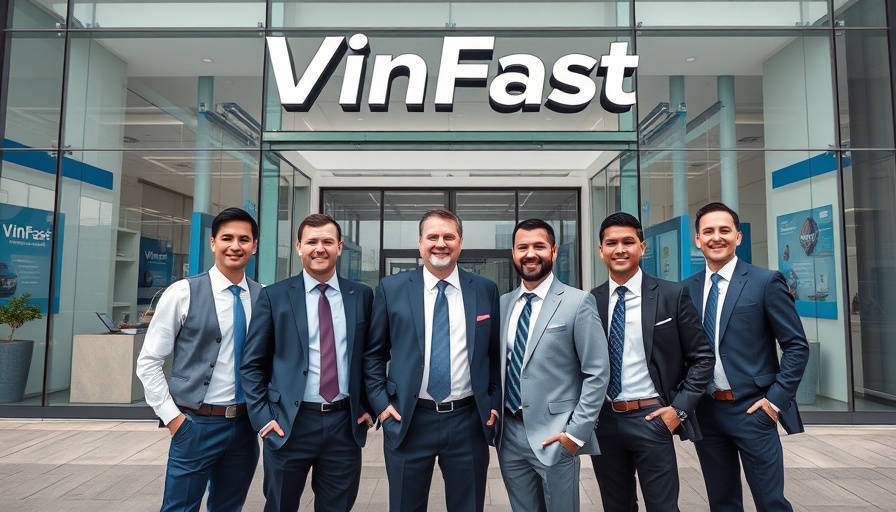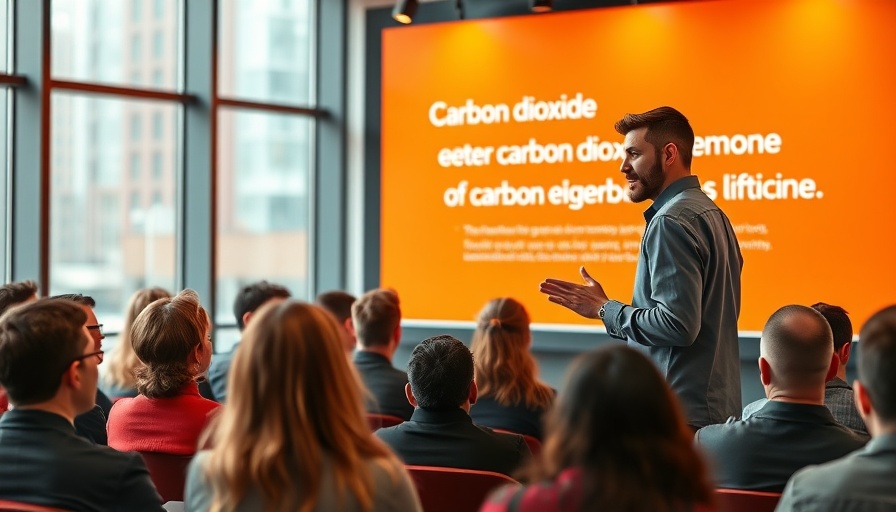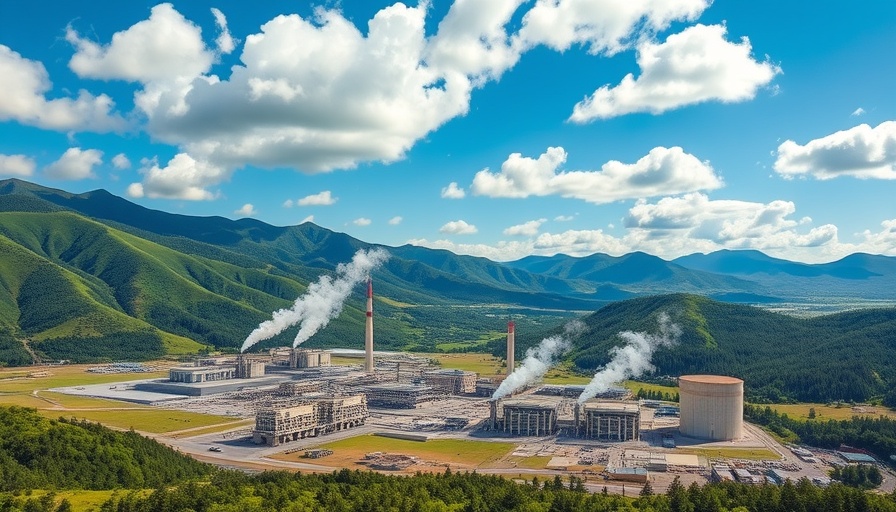
Strategic Shifts: Gulf Nations Pivot Towards Asia for Green Investments
In the heart of the Gulf region, a significant transformation is occurring as investors shift their focus towards Asia, seeking opportunities in green investments. This pivot is largely influenced by a mix of pressing climate ambitions and the pressing need for economic diversification amidst evolving geopolitical landscapes. In 2024, for instance, Vietnamese EV manufacturer VinFast opened its first showroom in Oman, marking the entry of Southeast Asia into the Middle East's electric vehicle market. This is part of a broader trend where Gulf capitals, traditionally directed towards Western projects, are increasingly being redirected to support sustainable initiatives in Asia.
Addressing ESG Gaps: The Key to Successful Investments
Despite this promising direction, the success of such capital flows hinges on the readiness of Asian markets to adopt higher standards in Environmental, Social, and Governance (ESG) frameworks. Asia is confronted with the mammoth task of funding its transition to net zero emissions, and Gulf investors, particularly the sovereign wealth funds, align their portfolios with ESG priorities. Their involvement is seen as crucial within the context of blossoming green sectors throughout Asia. Yet, the overarching question remains: are these markets equipped with the necessary frameworks and structures to effectively channel this investment?
The Role of Policy in Shaping Future Investments
Recent policies within the Gulf nations underscore how seriously they are taking sustainability goals. Saudi Arabia’s Vision 2030, for example, aims to generate 50% of its electricity from renewable sources by 2030. Similarly, the UAE is striving to double its economy and projects green economic growth at around 7% per year. A success story also echoes in nations like Jordan, where a government-directed renewable energy strategy aspires to achieve 50% renewables by 2030, and Iraq moves towards solidifying ESG reporting standards within its financial institutions.
Future Prediction: The Impact of Strategic Investments
As Gulf investors increasingly embrace ESG principles, their collaboration with Asian markets could accelerate sustainable development in the region. The expected impacts are monumental: clean energy infrastructure projects could emerge, rejuvenating the economies of both pinnacle investors from the Gulf and developing economies in Asia. However, these beneficial results depend on how proactively Asian nations adapt their regulations to enhance the viability of green projects. Addressing the current gaps in ESG compliance will be paramount for sustaining this momentum.
The Social Responsibility Perspective: Bridging the Gap
The engagement of Gulf nations in eco-friendly investments goes beyond mere economic incentives; it represents a burgeoning global consciousness towards sustainable living. By fostering environmentally responsible practices and addressing climate change challenges, investors can significantly mitigate their carbon footprint while supporting the global community in transitioning towards a circular economy. Whether it's through green technology, sustainable agriculture, or ethical sourcing, the implications of this strategic shift extend into numerous facets of everyday life, encouraging eco-conscious behavior among consumers.
Call to Action: How Can You Contribute?
As the narrative around sustainable development unfolds, individuals can contribute by advocating for and engaging in eco-friendly practices within their communities. Whether supporting local green businesses, reducing waste, participating in community gardens, or choosing sustainable transportation methods, every action counts towards fostering environmental stewardship. The time is now to go green and embrace an eco-conscious lifestyle for a sustainable future!
 Add Row
Add Row  Add
Add 



Write A Comment